5 Things to Know Before Hiring a Vehicle Appraiser
Sean Rooks | September 8, 2025
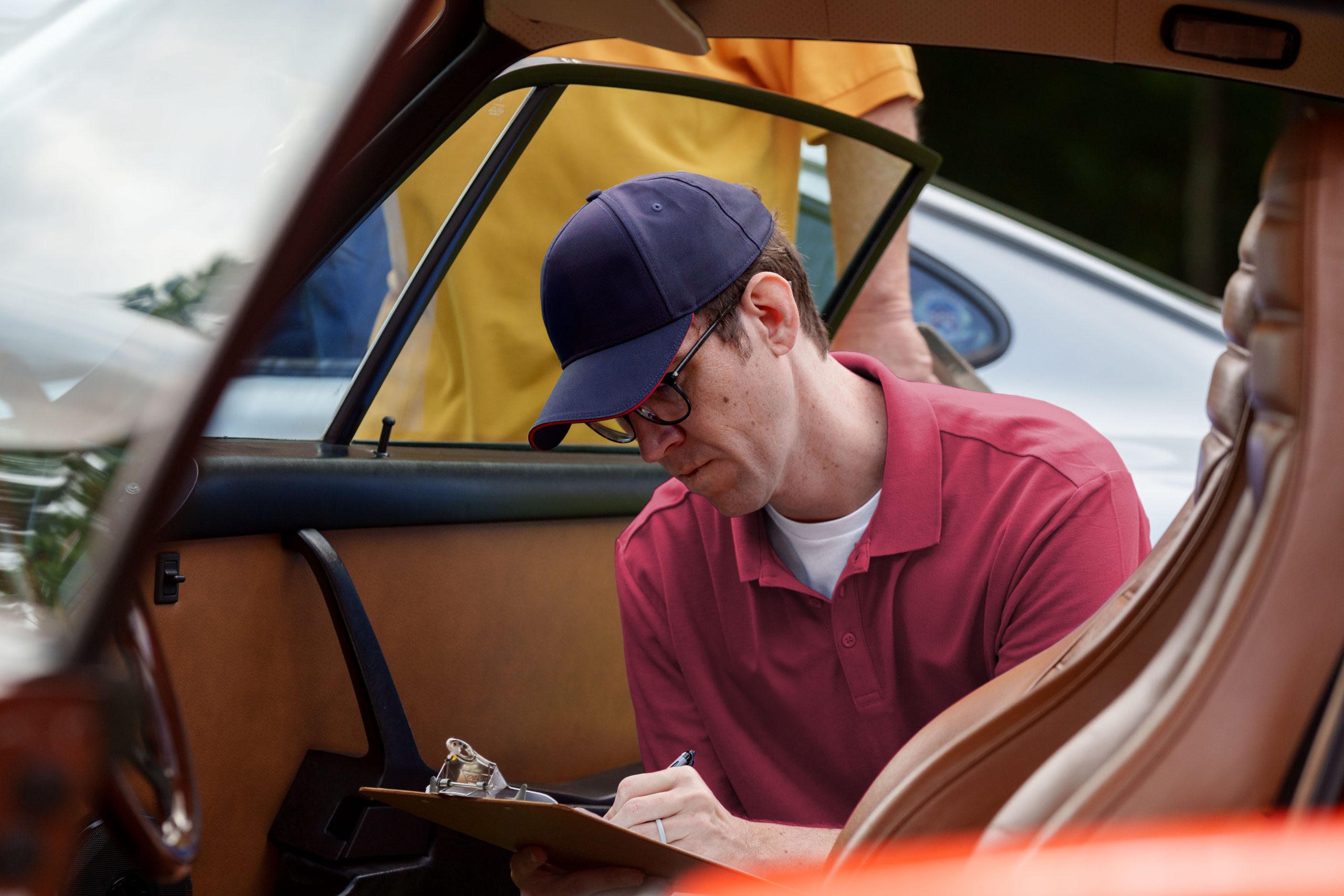
I founded Wolf and Mare with the mission to protect my fellow automotive enthusiasts from loss or fraud by helping them understand the true value of their vehicles. The primary way I deliver on that mission is through my professional appraisal services. I recently had the opportunity to give a presentation for my local chapter of the Antique Automobile Club of America. Since I hate sales pitches, I chose to share a few things many collectors might not know about the appraisal process and profession. In today’s Market Monday, I’m sharing 5 things to know before hiring a vehicle appraiser.
5 Things to Know Before Hiring a Vehicle Appraiser
1. An appraisal is as much process as it is a result
The technical definition of an appraisal is “the act or process of developing an opinion of value.” In an appraisal assignment, I employ a methodical process to identify, evaluate, research and ultimately determine the value of a vehicle.
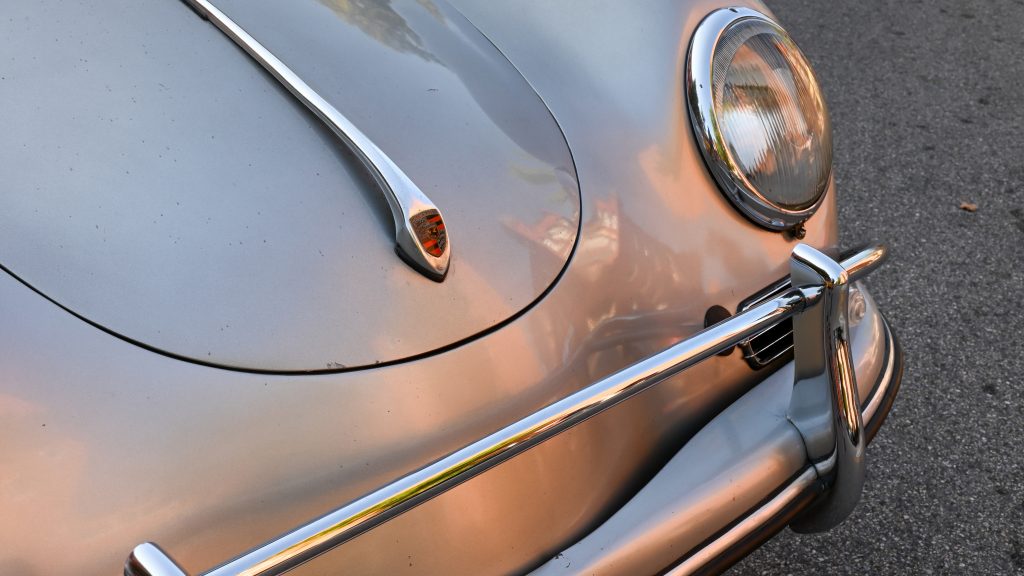
Unlike other services that provide valuation services, such as automotive dealers or others, an appraisal must be a justified opinion of value. For the opinion to be credible, I include supporting documentation detailing the following:
- Evaluation of the subject vehicle
- Market research and current conditions
- Limiting conditions
- Approach to value
- Comparable vehicles
- Reasoning for the specific value
- A determined value (a number, not a range)
An appraiser’s findings are documented in an Appraisal Report that includes all the above and more depending on the type of assignment, the object being appraised, and the report writing standards for the appraiser’s professional organization.
Ask any appraiser under consideration to explain the methodology they use and whether their reports comply with the current version of the Uniform Standards for Professional Appraisal Practice or USPAP.
2. Many factors influence a vehicle’s value
When referring to value, in the appraisal field we’re speaking solely to monetary value. As collectors, we have a sentimental attachment to our cars, but for the purposes of an appraisal we are concerned only with the monetary value a vehicle could obtain on the open market between a willing buyer and a willing seller.

A vehicle’s condition is the most influential factor in a car’s value, however, many other attributes are considered. Some of them are obvious, such as make, model and trim level. If your vehicle has something called value-in-use, such as a pickup truck used in a landscaping business, it may have a higher or lower value than market value depending on the type of appraisal being conducted.
Provenance, or a vehicle’s history can also have a sizable impact on value. In general, a vehicle with a known history and detailed service records will be more valuable in the marketplace than a very similar car with an unknown past. Ownership by a celebrity, race car driver, or well-known collector can also affect the value. As we say, just because you own the same make and model of guitar as the one played by Elvis Presley doesn’t mean it’s worth the same as the King’s.
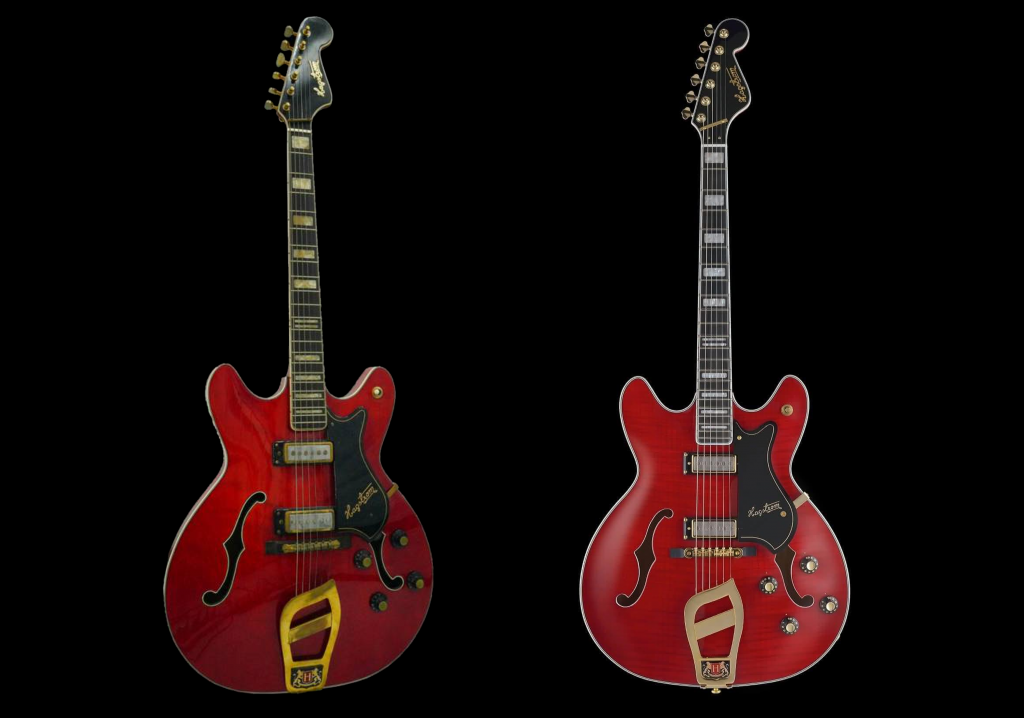
Factors well outside our control also have a major impact on value. For example, the current state of the collector car market at the time of the appraisal may be higher, lower or flat relative to the price paid when acquired. Collector vehicles are typically appreciating assets, but market fluctuations are common and heavily influenced by macroeconomic conditions. Additionally, vehicles that were in favor in the past may not be as desirable in the future as demographics shift and collector’s tastes change.
Rarity can have an affect on value, but it’s no guarantee of greater worth than a more common car.
Whether an item is genuine or not, or its authenticity, is also a significant factor in value. An important note: Appraisers are not authenticators. If an object’s authenticity could have a significant effect on value, then the appraiser should recommend the object be authenticated by an expert. A client can refuse this cost and effort, but this will be noted in our report.
3. Appraisals are conducted for many reasons

The most common reason to obtain a collector vehicle appraisal is to secure insurance coverage under an agreed value policy. There are many other reasons appraisers are engaged to determine value, including:
- Valuing a vehicle as of the date of loss in the event of damage, theft or total loss
- Establishing value for disposition of property in the case of marriage dissolution
- Determining value for estate tax filing, charitable donations and other Federal tax functions
- Establishing a price for buying or selling
The penalties imposed by the IRS for intentional or unintentional errors in valuation can be severe — think fines and potentially jail time. If an appraisal fee seems costly, remember that every appraisal report could find its way to the hands of a lawyer, judge, or IRS agent.
4. Appraisers must be independent, impartial and objective
For the appraisal industry to be relied upon as a credible source for determining the value of personal property, the integrity of the appraiser and their reports is critical. For this reason, credentialed appraisers are held to a high ethical standard. Appraisers cannot be fiduciaries for their clients or any other third party. If value opinions were subject to outside influence, the public’s view of the appraisal industry as credible experts would be diminished.

An appraiser cannot have an interest in the item being appraised. Such a scenario could result in a value being manipulated due to the appraiser’s bias. For example, an automobile dealer may be tempted to state an artificially low value for a vehicle that they intend to purchase in order to maximize profit. Dealers can certainly be appraisers, but should separate those services very carefully to avoid ethical violations.
Unless ordered to do so by a court, appraisers never base their fee on a percentage of the value of the object(s) being appraised. Obviously, such an arrangement could result in artificially inflated values.
5. Personal property appraisers are not licensed
Personal property appraisers are not required to be licensed in the same way as real estate appraisers (real property). There are no state-mandated licenses or certifications required to call yourself an appraiser. The industry is self-regulated, with The Appraisal Foundation working closely with lawmakers to establish standards and qualifications for the appraisal profession in the United States.
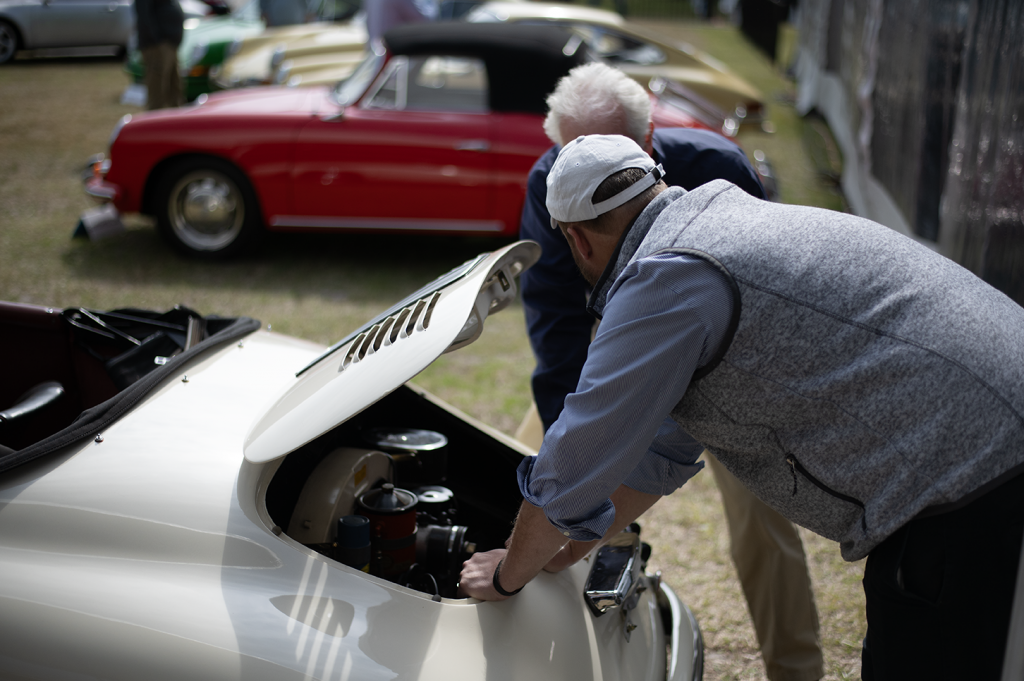
To ensure their credibility and build expertise, appraisers often seek professional accreditation through national appraisal organizations. Such groups require appraisers to complete coursework, testing, peer review and continuing education to receive designations such as “Accredited Member” or “Certified Appraiser of Personal Property.”
To ensure you’re working with an experienced and professional appraiser, choose one that has a designation from an organization such as the International Society of Appraisers (ISA), American Society of Appraisers (ASA) or Appraisers Association of America (AAA).
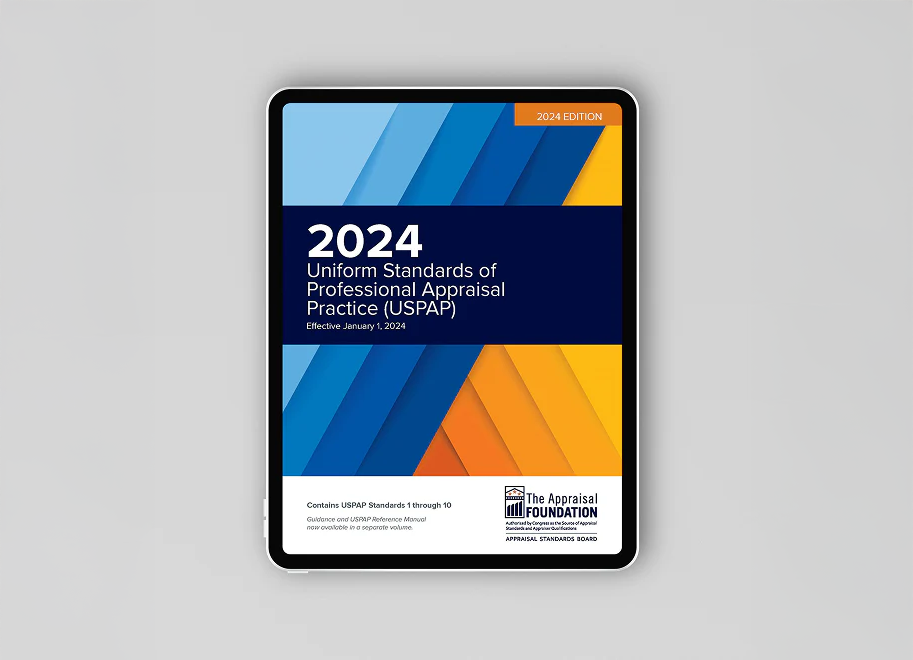
Before selecting an appraiser, ask if their reports comply with the Uniform Standards for Professional Appraisal Practice as a minimum threshold for quality. Appraisal organizations often require members’ reports adhere not only to USPAP but even more rigorous practices established over decades of experience.
Final Thoughts
If you find yourself in a situation that requires you to hire a qualified appraiser for your valuation needs, I hope the information above gives you an idea of what to know and look for when choosing an appraiser.
I would also encourage you to view the websites for the major appraisal organizations to understand their values and requirements, as well as search for appraisers who specialize in the property you are seeking to have appraised.
Of course, if you require a vehicle appraisal, I hope you’ll consider me!
Wolf and Mare provides car finding, appraisals, and auction services for buyers and sellers of collector European cars. If you’re interested in acquiring an overseas car, give us a call or drop a line!

